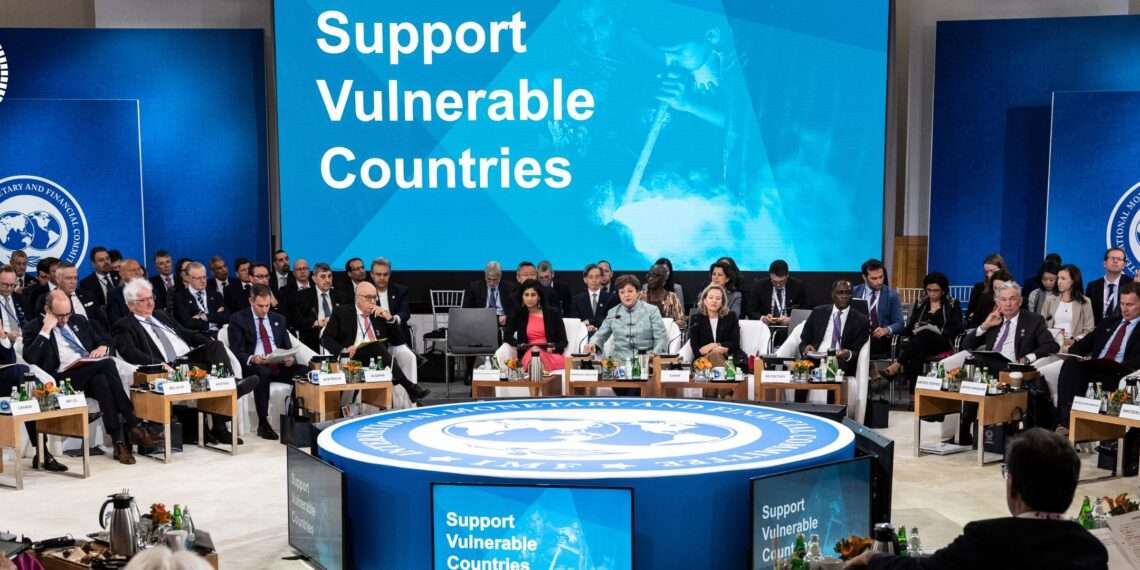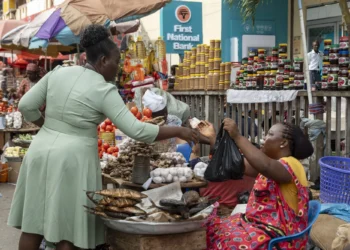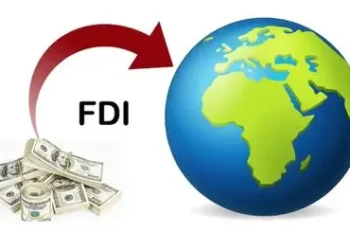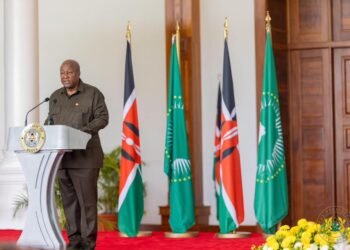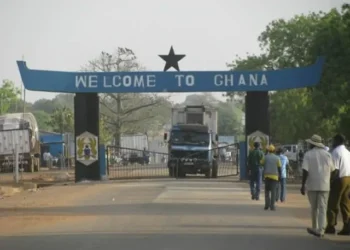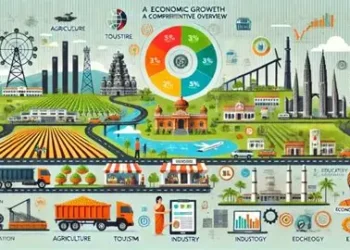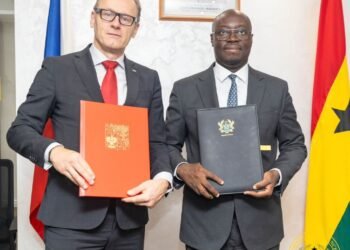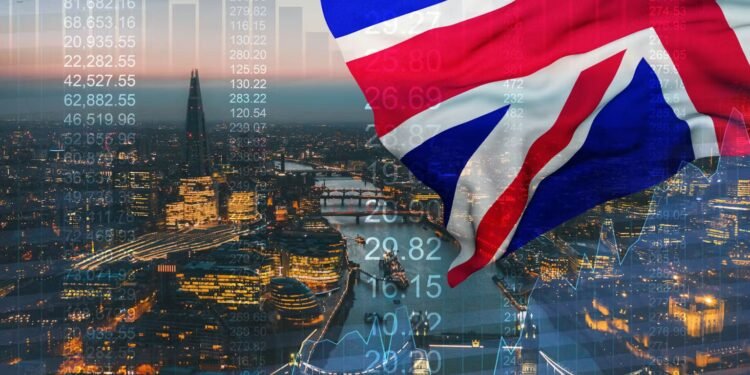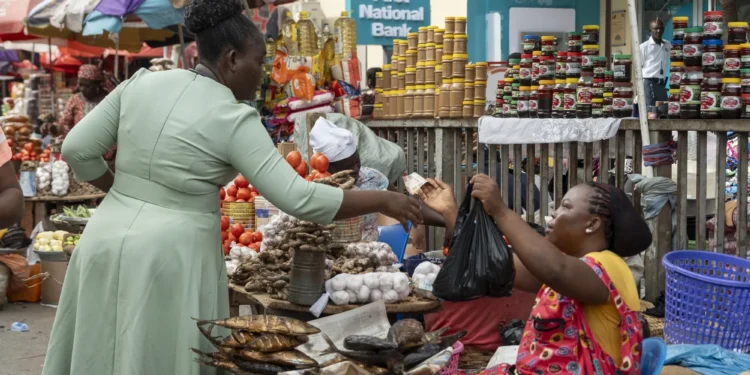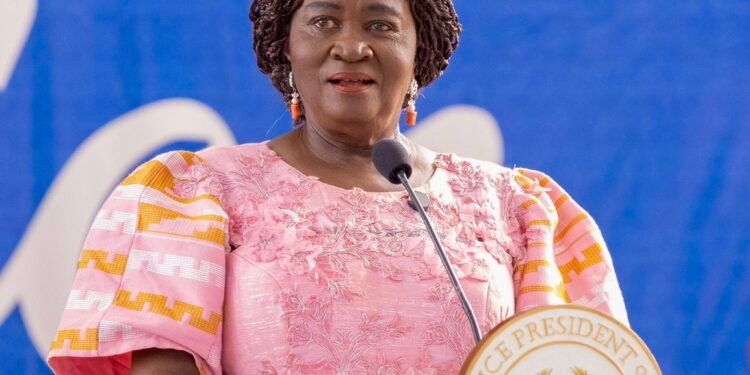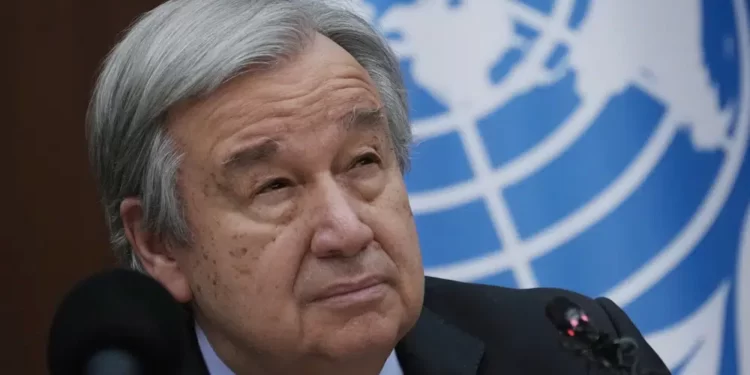A staff team from the International Monetary Fund (IMF) will visit Ghana from February 10 to 14, 2025, as part of efforts to align the country’s 2025 budget with the ongoing US$3 billion Extended Credit Facility (ECF) programme.
This visit forms a critical step in Ghana’s economic recovery, aimed at restoring fiscal discipline and achieving debt sustainability.
Dr. Cassiel Ato Baah Forson, Ghana’s Minister of Finance, announced this during a working visit to the offices of the Ghana Revenue Authority (GRA) and the Controller and Accountant-General’s Department (CAGD). “The IMF will be in town on the 10th to the 14th of February for us to look at the budget preparation,” Dr. Forson stated, underscoring the Fund’s role in ensuring the country adheres to its commitments under the three-year ECF programme.
One of the key components of the IMF agreement involves increasing domestic revenue. Dr. Forson disclosed that Ghana must raise additional tax revenue equivalent to 0.6% of its Gross Domestic Product (GDP) in 2025. He urged the GRA to devise innovative strategies to meet this target, emphasizing the need for robust revenue mobilization mechanisms.
To ensure realistic revenue projections, the Minister directed the GRA to develop comprehensive forecasts for 2025. These projections would guide the government in identifying areas requiring adjustments to meet revenue targets.
Enhancing Expenditure Controls
The visit to the CAGD highlighted the importance of stringent expenditure controls. Dr. Forson challenged the Management and staff of the department to scrutinize all expenditures rigorously, ensuring they comply with the Public Financial Management Act, 2016 (Act 921).
“Your work is to ensure that whatever we ask you to pay, you review it and if it meets your law, you pay,” the Finance Minister stated. He emphasized the Ministry of Finance’s commitment to prioritizing high-quality expenditures that would drive inclusive growth and economic transformation.
Ghana’s total debt stock reached GHS742 billion as of June 2024, comprising 51.7% external debt and 43.3% domestic debt. This alarming debt level underscores the urgency of implementing reforms under the IMF programme to restore debt sustainability.
The Finance Minister highlighted the need for synergy between revenue mobilization and expenditure management to address the country’s fiscal challenges. Supporting this sentiment, Mr. Fiifi Kwetey, General Secretary of the governing National Democratic Congress (NDC) and a former Deputy Minister of Finance, called for enhanced collaboration between the GRA and the CAGD.
“As you are aware, we already have massive issues in debt, and that’s always coming up because of the dislocation between how much we are earning and how much we are spending,” Mr. Kwetey stated. He emphasized the urgency of bridging this gap to revitalize the economy.
Commitment to Financial Reforms
Mr. Kwasi Adjei, the Director-General of the CAGD, reaffirmed the department’s commitment to transforming Ghana’s financial systems. He pledged to ensure that all expenditure transactions undergo rigorous analysis before approval.
“So, we will play our part as a department and make sure that transaction releases can be made and subject them to our analysis,” Mr. Adjei said. He expressed optimism that these measures would bolster public confidence in the country’s financial management.
The IMF’s involvement in Ghana’s budget preparation reflects its broader objective of supporting the country’s economic stabilization and growth. The ECF programme aims to restore macroeconomic stability by enhancing revenue mobilization, reducing wasteful spending, and addressing structural weaknesses in the economy.
The February discussions will provide an opportunity for the IMF team and the Ghanaian government to review progress under the programme and make necessary adjustments. The outcomes of this engagement will be crucial in shaping the government’s policy priorities for 2025.
Dr. Forson has since stressed that the government’s focus would remain on expenditures that transform the economy and promote inclusive growth. “We’ll choose the quality of expenditure at the Ministry of Finance, and going forward, we will consider expenditure that will go a long way to transform our country and ensure inclusive growth,” he remarked.
This approach aligns with the government’s broader agenda of addressing unemployment, improving social infrastructure, and fostering sustainable development.
READ ALSO: NewGold ETF Suffers GHS22.90 Dip in Single Trading Session

